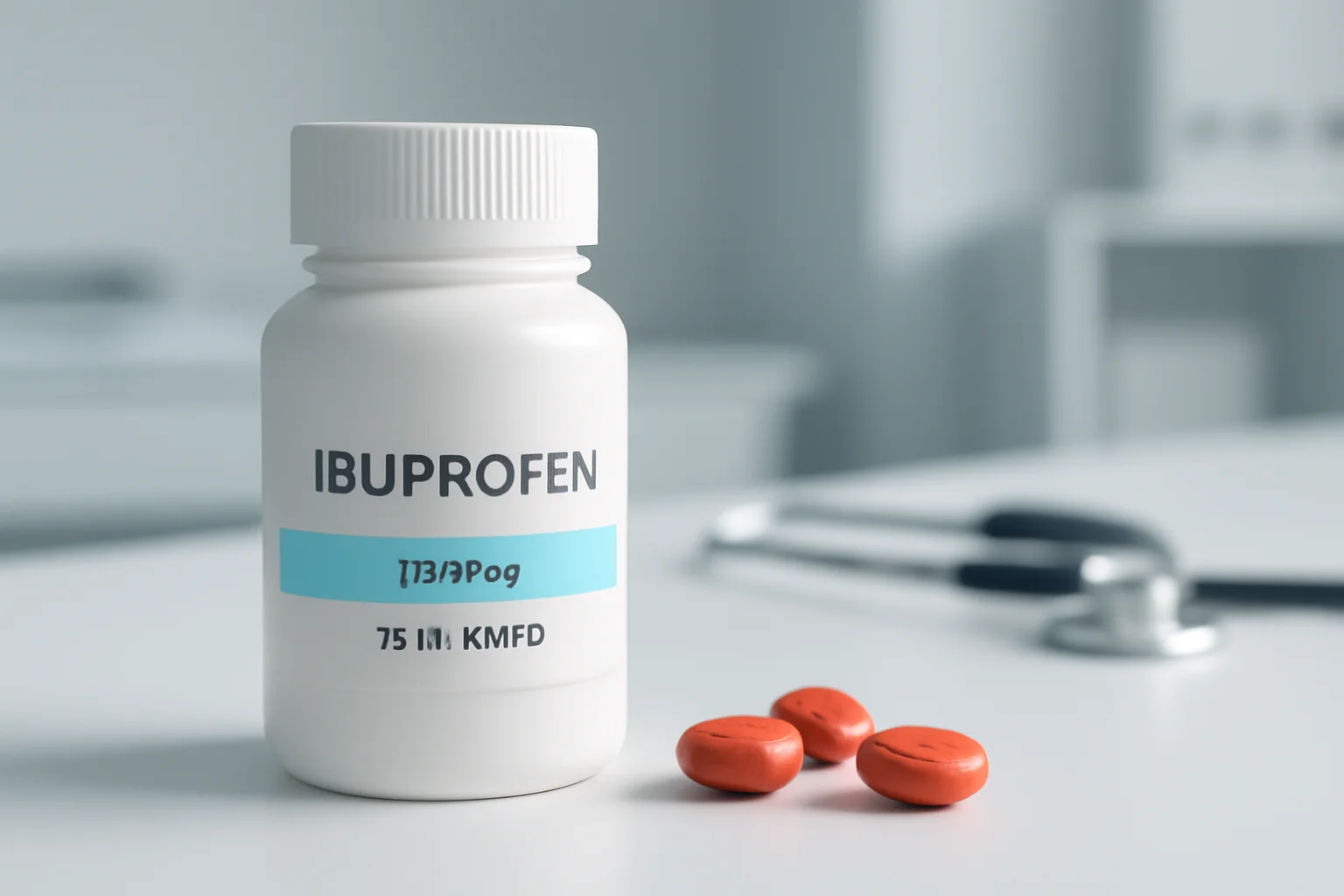
Nurofen or ibuprofen: Which is the more effective pain reliever?
The wide-ranging application of pain relief medications has become an essential part of everyday life. Whether it’s a headache, muscle pain, or fever, many seek quick and effective solutions. Two popular medications that often come into the spotlight are Nurofen and ibuprofen. Among them, ibuprofen is the active ingredient used by various brands, including Nurofen. People often look for information on which is the right choice for them and what differences exist between these two popular pain relievers.
Nurofen: The Branded Pain Reliever
Nurofen is a well-known brand that contains the active ingredient ibuprofen. The Nurofen product line is available in various forms: tablets, suspensions, gels, and even suppositories. Nurofen aims to provide quick and effective pain relief while offering convenient solutions for users. As an active ingredient, ibuprofen is known for its anti-inflammatory and pain-relieving properties.
When using Nurofen, it is important to consider the recommended dosage and potential side effects. Since the medication is available over the counter, many people automatically choose the highest dosage, which is not always necessary. Nurofen can be an ideal choice if you want to quickly alleviate pain, whether it’s a headache, menstrual pain, or muscle pain. The different packaging options allow users to select the form that best suits their needs.
Arguments in favor of Nurofen include that many trust its effectiveness due to the brand name. Branded products often receive more advertising, and users may have greater confidence in them. However, it is important to note that the active ingredient is the same as what can be found in other generic forms. Thus, while Nurofen is popular and widely used, it is worth considering generic ibuprofen for cost-effectiveness.
Ibuprofen: The Active Ingredient
Ibuprofen is a non-steroidal anti-inflammatory drug (NSAID) that is widely used for pain relief and inflammation reduction. The mechanism of action of ibuprofen is based on inhibiting the production of prostaglandins, which are responsible for the development of pain and inflammation. Therefore, ibuprofen effectively reduces pain, inflammation, and fever, making it applicable to a variety of health issues.
Ibuprofen is available in several forms, including tablets, capsules, suspensions, and creams. When taking the medication, it is important to adhere to the recommended dosage, as overdose can lead to serious side effects such as gastric bleeding or kidney damage. Ibuprofen-containing products are generally cheaper than branded versions, providing a cost-effective alternative.
The advantage of ibuprofen is that it not only has pain-relieving effects but also its anti-inflammatory properties help in managing chronic inflammatory conditions such as arthritis. Additionally, the medication is quickly absorbed in the body, so its effects can be felt relatively soon. However, when using ibuprofen, one should consider possible side effects, such as gastric irritation, and it is advisable to take it after meals.
Although both Nurofen and ibuprofen contain the same active ingredient, it is worth weighing the price, form, and intended use when making a choice. Ibuprofen can be a cost-effective solution and is often sufficient for treating pain and inflammation.
Differences Between Nurofen and Ibuprofen
Although Nurofen and ibuprofen contain the same active ingredient, there are significant differences between the two products. The first and most noticeable difference is branding and marketing. Nurofen is a branded product manufactured by Reckitt Benckiser, while ibuprofen is also available in generic form from various manufacturers. Branded products are generally more expensive, but due to their advertising and market presence, they often appear more reliable to consumers.
Another important difference is the forms and packaging of the products. Nurofen offers different types and packaging of pain relievers, from which users can select the one that best suits them. In contrast, ibuprofen is generally available in less varied forms, although generic versions come in multiple packaging options.
In terms of side effects, both Nurofen and ibuprofen carry similar risks; however, branded products sometimes receive greater attention regarding side effects and safe usage. Due to clinical trials conducted by the manufacturer and stricter oversight of Nurofen products, users may have greater confidence in their use. However, generic ibuprofen can also be a well-established and effective solution if the user is aware of the proper usage.
Overall, the choice between Nurofen and ibuprofen often depends on cost, convenience, and personal preferences. Users should consider which solution best meets their needs and take their options into account.
These medications often help alleviate pain, but it is important to mention that in both cases, adhering to the proper dosage is essential. If we encounter any health issues, we should always consult a physician to find the best and safest solution.
**Warning:** This article does not constitute medical advice. In case of health problems, please always seek your doctor’s advice.

